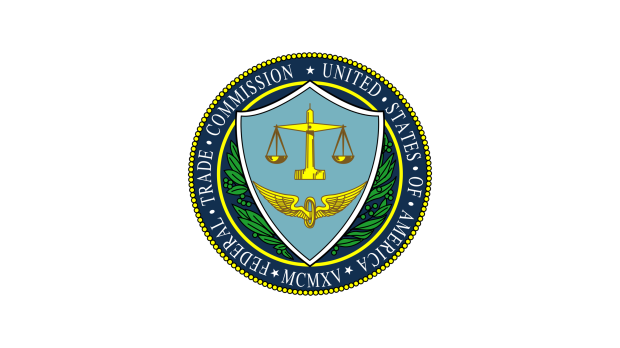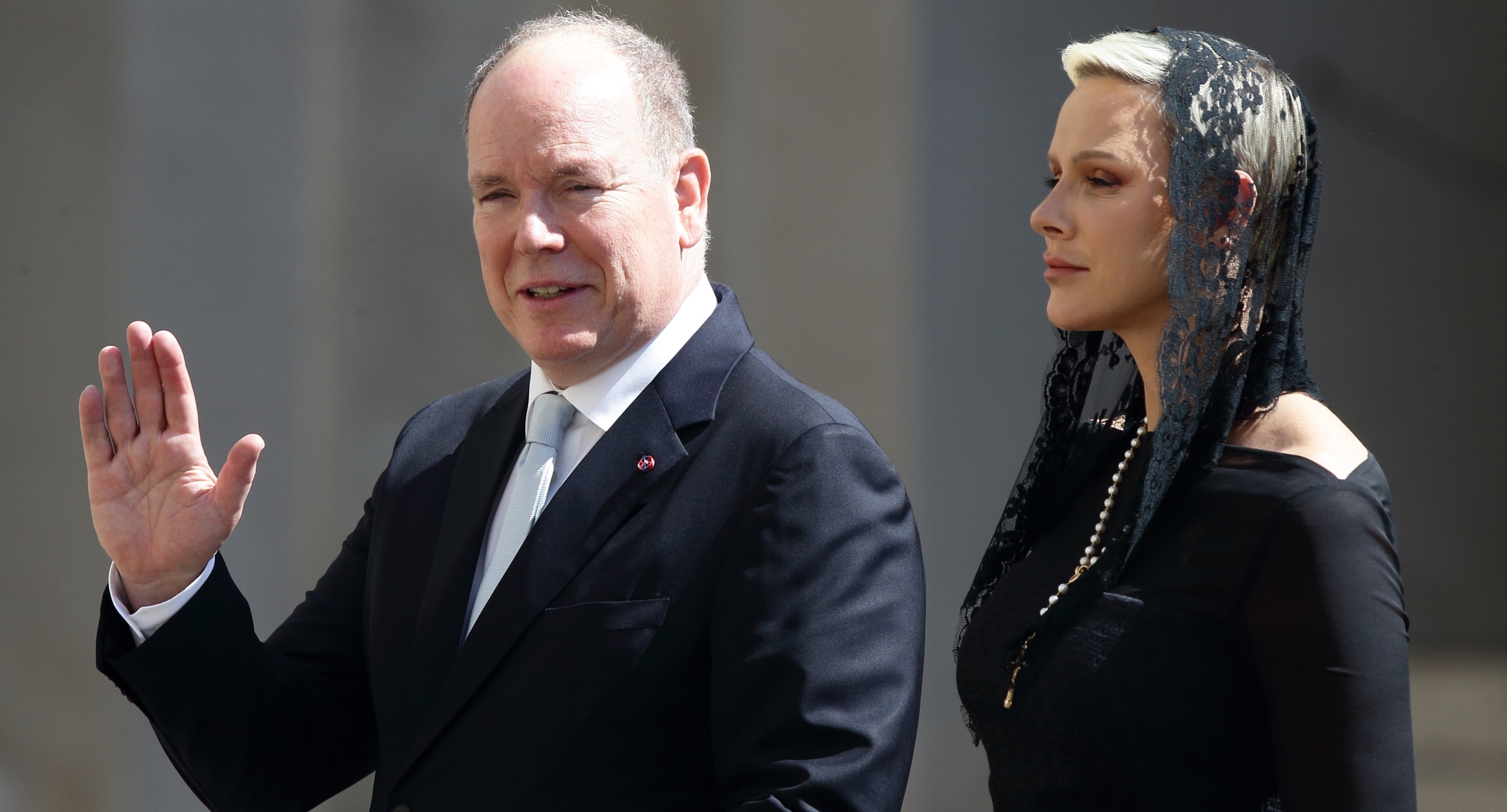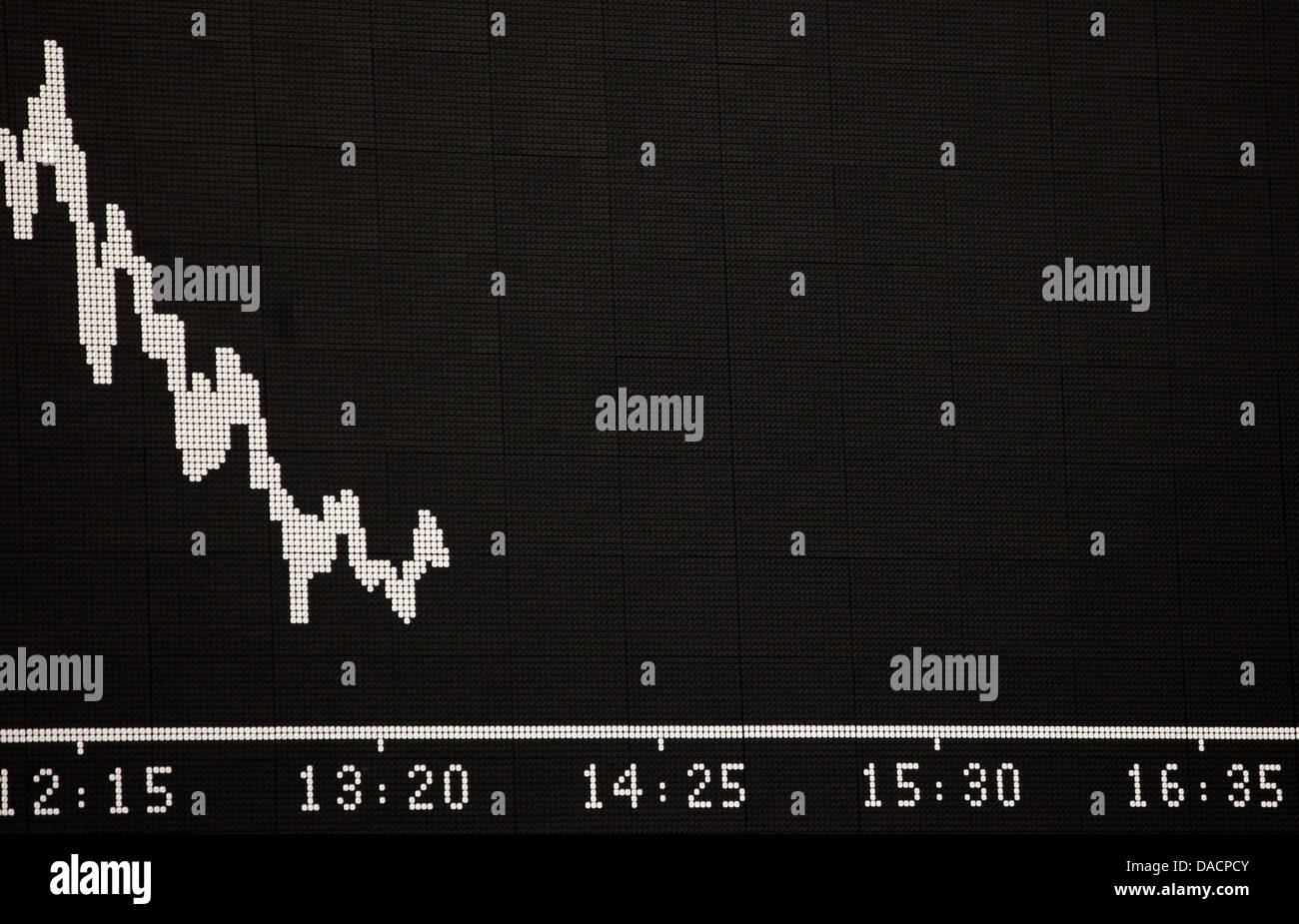FTC's Appeal Against Court Approval Of Microsoft-Activision Merger

Table of Contents
The FTC's Initial Concerns and Arguments
The Federal Trade Commission (FTC) initially challenged the Microsoft-Activision merger on the grounds that it would create an anti-competitive environment within the video game market. Their primary concerns focused on potential harm to consumers and the stifling of competition.
- Market Dominance and Stifled Competition: The FTC argued that Microsoft's acquisition of Activision Blizzard, a leading game publisher, would significantly increase Microsoft's market power, potentially allowing them to stifle competition from other game developers and publishers. This would lead to reduced innovation and less consumer choice.
- Call of Duty Exclusivity: A central point of contention revolved around the immensely popular Call of Duty franchise. The FTC worried that Microsoft might make Call of Duty exclusive to its Xbox console and PC platforms, thereby harming competitors like Sony's PlayStation, which relies heavily on the title's cross-platform appeal. This exclusivity would represent a significant competitive disadvantage for rival consoles.
- Reduced Consumer Choice and Innovation: The FTC argued that the merger would likely lead to reduced consumer choice in gaming consoles and gaming content. Less competition could result in higher prices, fewer innovative games, and overall decreased quality for gamers.
- Legal Provisions: The FTC invoked several legal provisions under the Clayton Act and other antitrust laws in its initial complaint, arguing that the merger violated these established protections against anti-competitive practices.
The Court's Decision and Reasoning
Despite the FTC's concerns, the court initially ruled in favor of Microsoft, approving the merger. The judge's reasoning centered on Microsoft's commitments to keep Call of Duty available on other platforms, including PlayStation, for a period of ten years.
- Judge's Reasoning: The court accepted Microsoft's arguments that these commitments sufficiently mitigated the potential anti-competitive effects of the merger. The judge weighed the potential benefits of the merger against the potential harms, finding the latter to be insufficient to block the acquisition.
- Microsoft's Evidence: Microsoft presented substantial evidence to the court, including detailed contractual agreements outlining their commitment to keep Call of Duty available on PlayStation and other platforms. This evidence played a significant role in swaying the court's decision.
- Dissenting Opinions: While there weren't necessarily dissenting opinions within the court itself in the initial ruling, there was significant public and regulatory debate surrounding the decision.
- Legal Basis: The court's ruling was based on its interpretation of antitrust laws and a weighing of the potential anti-competitive effects versus the pro-competitive benefits and the commitments made by Microsoft.
The FTC's Grounds for Appeal
The FTC's appeal centers on its belief that the court's initial decision was flawed and failed to adequately address the potential anti-competitive implications of the merger.
- Points of Disagreement: The FTC disagrees with the court's assessment of the mitigating effects of Microsoft's commitments, arguing that these are insufficient to prevent substantial harm to competition. They believe that the commitments are not legally binding enough and can be easily changed in the future.
- Flawed Interpretation of Law: The FTC contends that the court misinterpreted key elements of antitrust law, giving insufficient weight to the potential for future anti-competitive behavior by Microsoft.
- New Evidence and Arguments: The appeal potentially includes new evidence or arguments not presented during the initial trial, strengthening their case against the merger. This might include internal Microsoft documents or expert testimony further highlighting the risk of anti-competitive practices.
- Procedural Errors: The FTC might allege procedural errors during the initial trial that compromised the fairness and accuracy of the court's decision.
Potential Outcomes and Implications
The outcome of the FTC's appeal carries significant implications for the gaming industry and antitrust law.
- Scenario 1: Appeal Successful, Merger Blocked: If the appeal is successful, the merger will be blocked. This would represent a major victory for the FTC and a significant setback for Microsoft and Activision Blizzard. It would also send a strong message about antitrust enforcement within the tech industry and potentially lead to changes in the approach to future mergers and acquisitions. The gaming market would likely see no significant immediate change, but the long-term effects on future consolidation would be profound.
- Scenario 2: Appeal Unsuccessful, Merger Proceeds: If the appeal fails, the merger will proceed. This will solidify Microsoft's position in the gaming market and potentially lead to increased dominance. The long-term effects on competition and consumer choice remain a significant concern, especially regarding Call of Duty exclusivity and innovation within the industry.
- Impact on Future M&A: This case sets a crucial precedent for future mergers and acquisitions in the tech industry, particularly within the gaming sector. It will influence how regulatory bodies assess the potential anti-competitive effects of future deals.
- Precedent for Antitrust Enforcement: The outcome of this appeal will shape future antitrust enforcement, determining the level of scrutiny applied to large tech mergers and the weight given to commitments made by merging companies.
Related Keywords
This case highlights significant concerns regarding antitrust lawsuits, Microsoft antitrust practices, Activision Blizzard merger implications, gaming industry regulation, Call of Duty exclusivity, and merger control within the increasingly concentrated gaming market. The potential impact of this merger on competition and consumer choice is a major focus of the FTC's argument.
Conclusion
The FTC's appeal against the Microsoft-Activision merger is a pivotal moment for antitrust enforcement and the future of the gaming industry. The potential outcomes – blocking the merger or allowing it to proceed – carry far-reaching implications for competition, innovation, and consumer choice. The arguments raised, particularly concerning market dominance and Call of Duty exclusivity, highlight the complexities of regulating mergers in the rapidly evolving digital landscape. Stay updated on the developments in this significant case and follow future news on the FTC's appeal against the Microsoft-Activision merger to understand its lasting impact. You can find more information through reputable news sources and legal databases covering antitrust cases.

Featured Posts
-
 Ccmf 2025 Tickets No Longer Available
May 25, 2025
Ccmf 2025 Tickets No Longer Available
May 25, 2025 -
 La Vida D Albert De Monaco Despres De La Separacio De Charlene
May 25, 2025
La Vida D Albert De Monaco Despres De La Separacio De Charlene
May 25, 2025 -
 Frankfurt Dax Closes Below 24 000 Amid Market Losses
May 25, 2025
Frankfurt Dax Closes Below 24 000 Amid Market Losses
May 25, 2025 -
 Chainalysis Acquisition Of Alterya A Boost For Blockchain Ai
May 25, 2025
Chainalysis Acquisition Of Alterya A Boost For Blockchain Ai
May 25, 2025 -
 Jazda Porsche Cayenne Gts Coupe Czy Spelnia Oczekiwania
May 25, 2025
Jazda Porsche Cayenne Gts Coupe Czy Spelnia Oczekiwania
May 25, 2025
Latest Posts
-
 Is Naomi Campbell Out Of The Met Gala 2025 Due To A Rift With Anna Wintour
May 25, 2025
Is Naomi Campbell Out Of The Met Gala 2025 Due To A Rift With Anna Wintour
May 25, 2025 -
 Met Gala 2025 Will Naomi Campbell Attend After Wintour Feud
May 25, 2025
Met Gala 2025 Will Naomi Campbell Attend After Wintour Feud
May 25, 2025 -
 Naomi Campbells Absence From Met Gala 2025 The Anna Wintour Connection
May 25, 2025
Naomi Campbells Absence From Met Gala 2025 The Anna Wintour Connection
May 25, 2025 -
 Met Gala 2025 Naomi Campbells Absence Sparks Rumors Of Anna Wintour Feud
May 25, 2025
Met Gala 2025 Naomi Campbells Absence Sparks Rumors Of Anna Wintour Feud
May 25, 2025 -
 Naomi Campbell And Anna Wintour The Alleged Met Gala Ban Explained
May 25, 2025
Naomi Campbell And Anna Wintour The Alleged Met Gala Ban Explained
May 25, 2025
